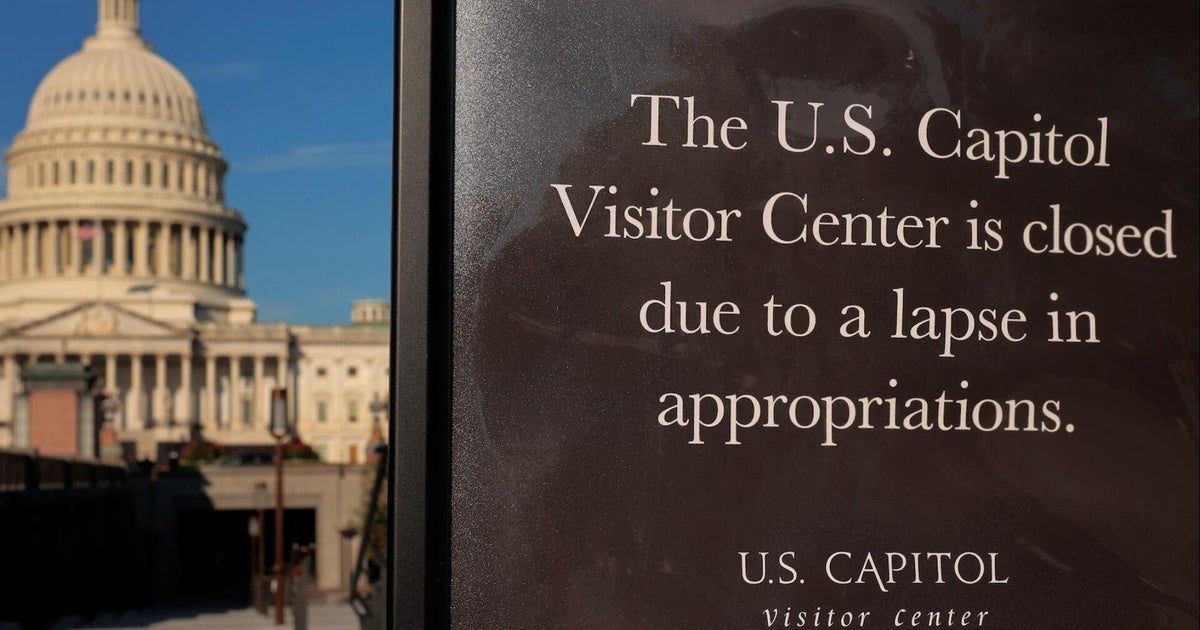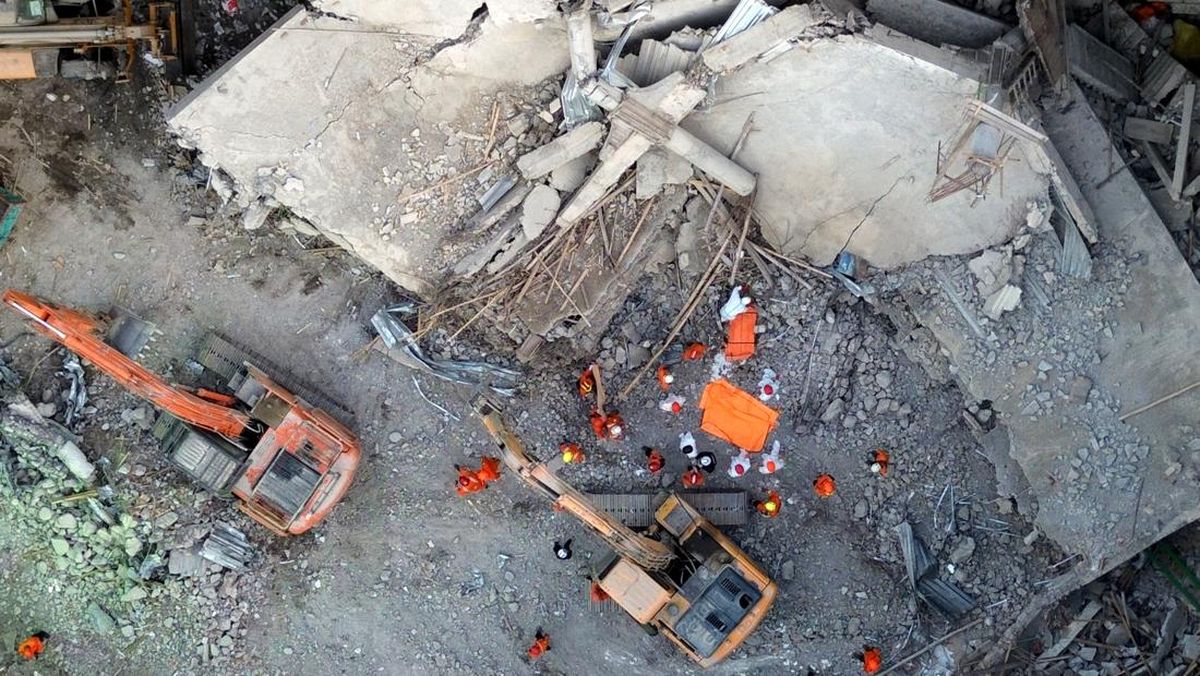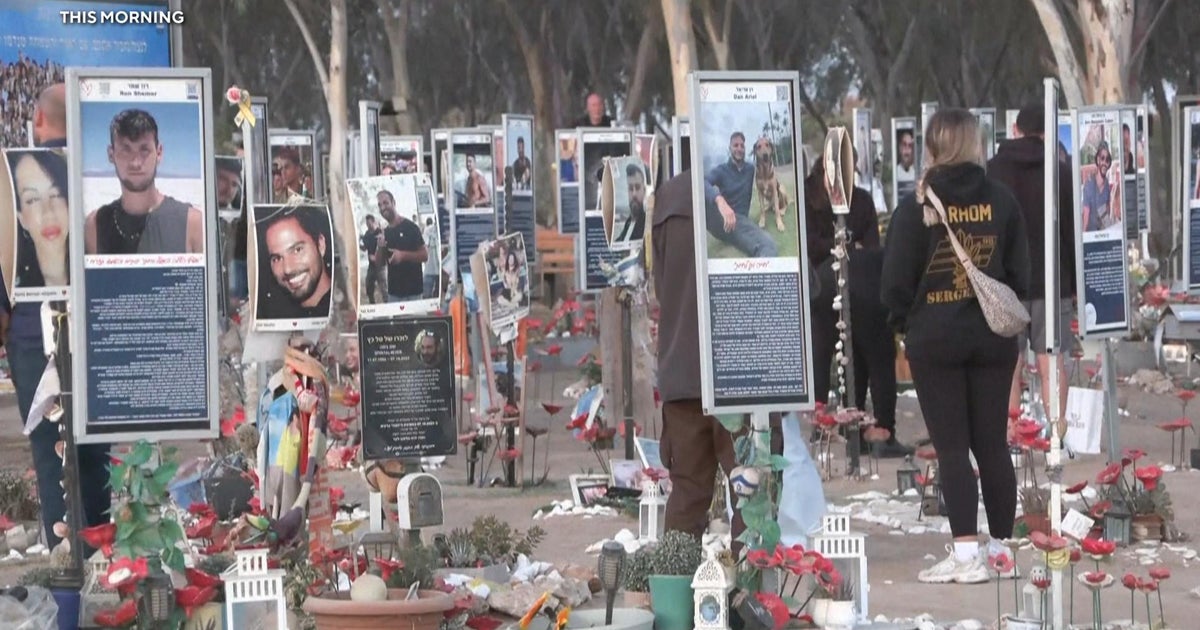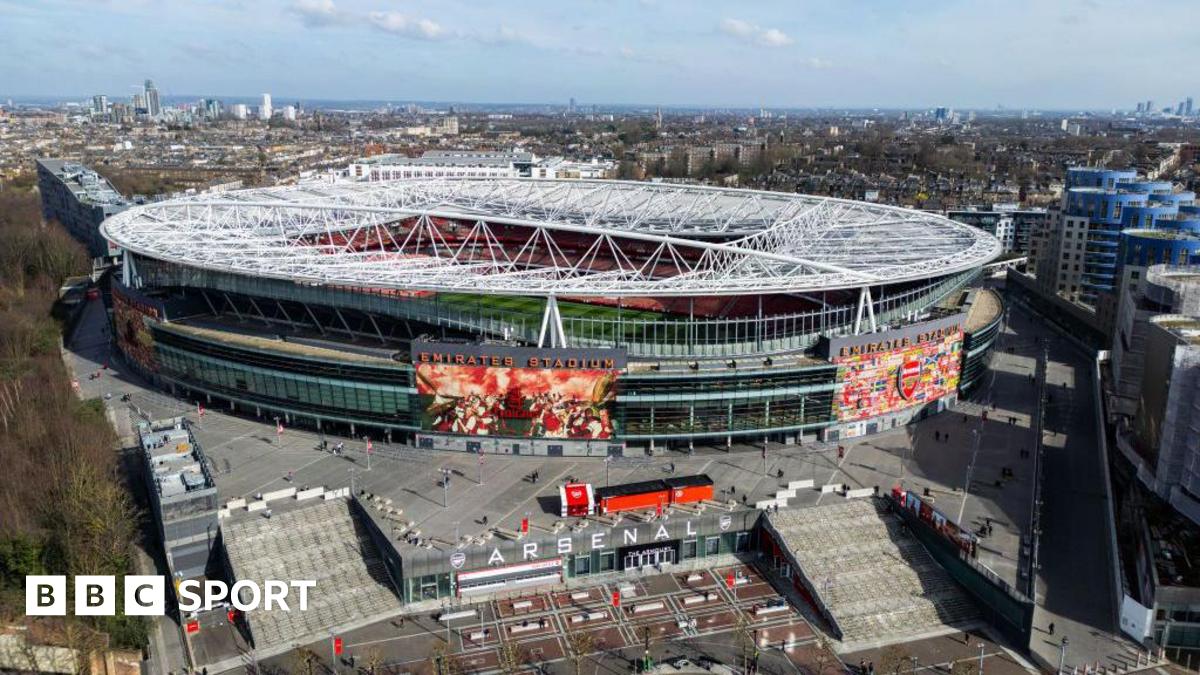October 2, 2025 — 5:00am
Friends who visited us when we lived in San Sebastian in northern Spain were always surprised by the bars with all their tables and chairs set up right next to the kids’ play areas.
“What,” they’d laugh, “do people just sit here and drink while their kids play in the park?”
Well, yeah. That’s exactly what they do. They set themselves up at a table with a few friends and other family members, have a bite to eat and drink a beer or a vermouth in the sun while the kids go wild on the swing set and the slide just in front of them.

This sort of thing happened at Del Txofre, the plaza closest to our apartment, every day, but it also happened throughout the city, and indeed throughout the country. Everything is in the one spot when you’re in Spain: apartment blocks surround the parks and playgrounds, shops and markets are set into the street levels of those blocks, bars and restaurants are also there.
There’s no separation of areas to live and areas to play in this country, and indeed in much of Europe. You don’t have houses in one part of town, shops in another part, bars and restaurants in another district, with people driving between them. Here, everything is together.
But it’s more than that too, because it’s not just everything together – it’s everyone together.

Those people sitting in the bars keeping a vague eye over the kids are not just parents. They’re grandparents. They’re friends. They’re older kids. They’re young couples.
Walk inside one of the bars and you’ll see old-age pensioners eating, drinking, playing cards; office workers in ties having a quick beer; tradies still in their fluoro with a glass of wine; children sitting down and eating; young people catching up over a drink.
There’s no sense that this venue is designed with a certain age group in mind. There’s also no sense that if you don’t fit a certain demographic, you will be annoying to other people or make them uncomfortable.
This, I think, sets Europe, and in particular southern Europe, apart. It shows a different way of living, a way that we in Australia have for the most part allowed to escape us.
We talk of multi-generational travel in Australia like it’s a fad, like it’s something fun that people are into right now. Go on a cruise with parents, grandparents and kids. Stay in a resort where everyone has something to do.
In Europe, you discover that not only travel but multi-generational living is just natural and normal and common.
It shouldn’t be so remarkable to us visitors, but it is. Tourists in Europe always talk about the old men sitting in piazzas playing chess, how quaint and lovely it is. They remark on the groups of old women gathered in the bars or on the street.
(There was a furore in Spain recently when Andalucian police, making a ham-fisted attempt to stop partygoers making noise at night, posted a photo of retirees gathering on the street to socialise in the cool evening air, seeming to threaten an end to the deeply ingrained practice of “tomando al fresco”, or taking the cool air. There was a swift back-down).

But visitors to southern Europe also remark on all the kids around too, and how late they’re out on the street, playing and eating. There doesn’t seem to be an official time, people realise, when all the kids disappear and the adults can have their adult time.
And those kids seem to be good restaurant diners too. They’re experienced, even when they’re young. They know how to behave, and when to run out to the playground nearby to go a bit crazy (and there is, usually, a playground nearby).
I want to live in a world like that. I’m sure so many other visitors to Europe think this when they’re there too. Everything seems so cohesive. This is society. This is civilisation.
And yet we get home and we return to our segregated lives, where generations are separated in the same way the functions of our cities are separated. Old people are put in these places and middle-aged people in these places, young partygoers hang out over here and small children are kept well away over there.
Perhaps it will never carry across here. Our way of living is so deeply ingrained – again like our cities themselves, it’s so hard to shift these things, to change attitudes and venues across the board. They’re more likely to just stay the way they are.
Perhaps, too, that’s what will always make a trip to Europe so refreshing and so invigorating. Old people socialise. Kids play. Their parents sit at bars and drink cheap beers and watch them.
Sounds nice, doesn’t it?
Sign up for the Traveller newsletter
The latest travel news, tips and inspiration delivered to your inbox. Sign up now.
Ben Groundwater is a Sydney-based travel writer, columnist, broadcaster, author and occasional tour guide with more than 25 years’ experience in media, and a lifetime of experience traversing the globe. He specialises in food and wine – writing about it, as well as consuming it – and at any given moment in time Ben is probably thinking about either ramen in Tokyo, pintxos in San Sebastian, or carbonara in Rome. Follow him on Instagram @bengroundwaterConnect via email.


















































